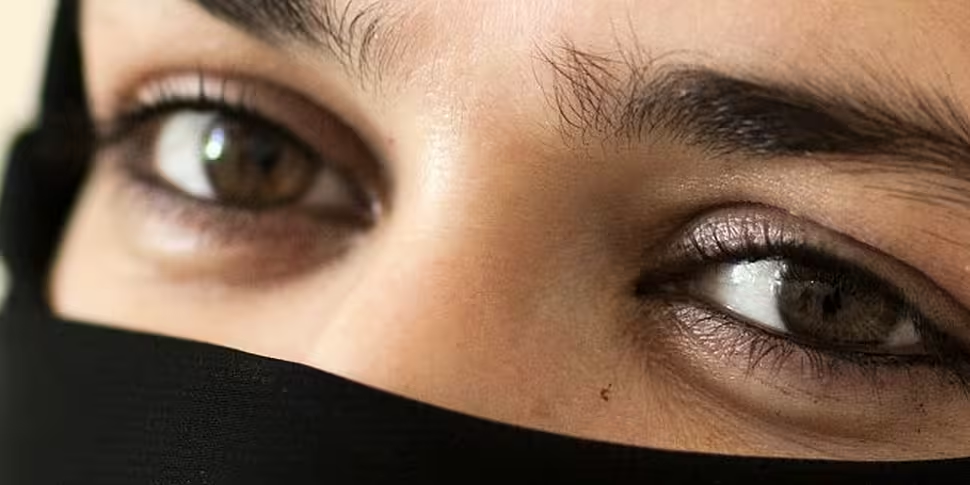Foreign Affairs Minister Charlie Flanagan has come under fire after he refused to clarify whether Ireland voted in favour of Saudi Arabia joining a high-ranking United Nations commission on women’s rights.
He has insisted that due to longstanding tradition, UN elections are made by secret ballot - and voting decisions are not made public.
The appointment of Saudi Arabia to the commission has led to global outrage due to the country’s repressive treatment of women.
Discrimination
The country has a long history of institutionalised discrimination against women and is one of the world's most oppressive regimes when it comes to women's rights.
Human Rights Watch has called the appointment, "an affront to the mission of the commission itself and a rebuke to Saudi women."
Late last month, Belgian Prime Minister, Charles Michel was forced to admit he regretted his country’s decision to support the Saudi bid.
The Saudi bid was reportedly backed by 47 states – including at least five European countries.
How did Saudi Arabia get a seat on the UN Commission for Women?

Secret ballot
In a statement, Minister Flanagan said the practice of keeping votes secret “allows for the good functioning of the UN which is made up of member states of very different views and political backgrounds, and helps facilitate outcomes on sensitive issues.”
"It is my strong view that it would be very damaging to Ireland’s ability to conduct international relations successfully if we moved away from this established practice," he said.
"It would be irresponsible of me to abandon a practice that has been in place for over six decades, observed by all previous governments and is grounded on protecting and promoting the values of small countries on the world stage."
Outrageous
However, the government's stance has led to a backlash from a host of opposition politicians.
Fianna Fail's Darragh O'Brien has insisted the state must reveal how it voted:
"Of course international relations are not straight forward and international diplomacy is not straight forward but Saudi Arabia having a seat on a UN commission that is looking into the rights of women - can anyone seriously tell me that is something that Ireland in the 21st Century should support?" he asked.
"Absolutely no way on earth should we support that."
Labour Party spokesperson on foreign affairs Ivana Bacik said the election was "outrageous" – adding that it is "very worrying to see reports that five European states may have voted in favour of [Saudi Arabia’s] membership."
"Saudi Arabia has an appalling record on women’s rights, particularly due to the so-called 'male guardianship' system, which forbids women from travelling abroad, marrying or accessing certain public services without the approval of a male guardian, either a husband, father, son or brother," she said.
"Women generally are denied basic civil and human rights under Saudi law, and individual cases of women’s repression are regularly raised internationally."
Sinn Féin MEP Lynn Boylan also demanded that the Government come clean over how it voted.
"The UN Commission on the Status of Women is the principal global intergovernmental body exclusively dedicated to the promotion of gender equality and the empowerment of women," she said.
“The people and especially the women of Ireland have a right to know if the Irish Government voted in their name for a country which serially abuses human rights and women’s rights."
Ireland's record on women's rights
Minister Flanagan said Ireland "uses all the diplomatic channels at our disposal to promote and advance human rights."
"When I was in the Kingdom of Saudi Arabia last year, I directly raised the need for progress in my discussions with the Saudi authorities," he said. "This is a matter of record."
He insisted Ireland has a strong record in terms of promoting women’s rights at the UN adding that Irish diplomats have worked over the years to highlight a range of issues affecting women and girls.
"We are a longstanding advocate for the Women, Peace and Security agenda at the UN while the promotion of gender equality and women’s empowerment is also an integral part of our programme for overseas development," he said.
The UN Commission on the Status of Women is described on its website as "the principal global intergovernmental body exclusively dedicated to the promotion of gender equality and the empowerment of women."









